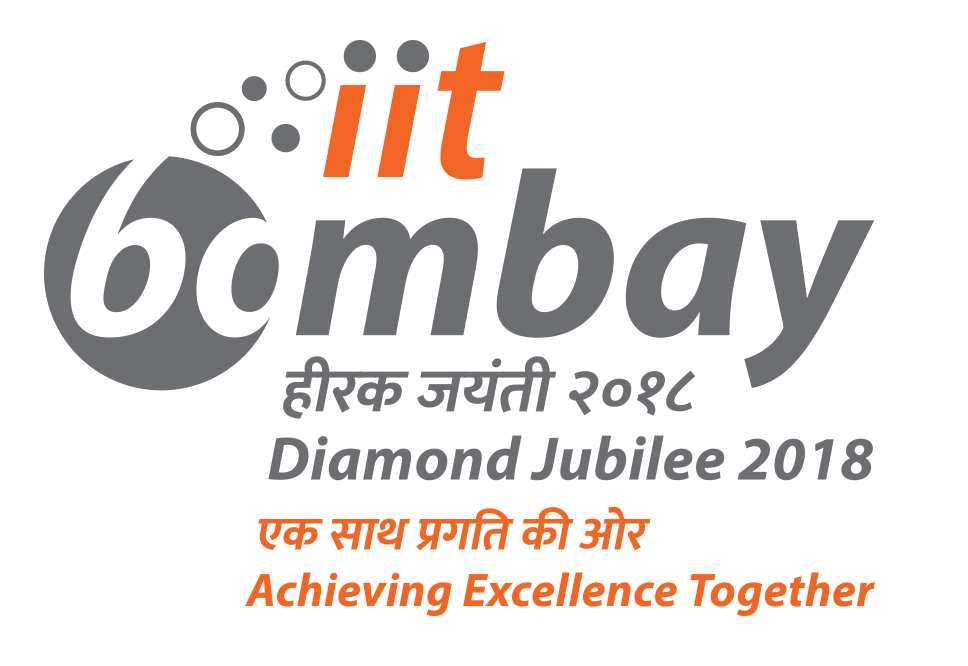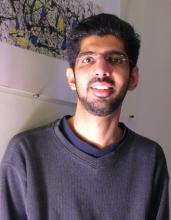307
Experimental Condensed Matter Physics
Semiconductor Device Research and Development, with focus on exploiting the electronic properties of wide bandgap semiconductors.
Our lab works on the discovery and development of novel wide bandgap materials. We've recently successfully developed devices with TiO2, a common oxide whose use as an electronic semiconductor had not been explored. We have also worked with synthetically grown diamond and GaN.
In the past I collaborated on several large scale experiments at CERN (CMS in particular). But gradually, our work has focused on fundamental R&D of devices with applications in radiation detection and ultrafast photonics. My main international work now is with the Japanese Proton Accelerator Research Complex (JPARC) and the COMET experiment, which will search for Coherent Muon to Electron Transitions that are forbidden in the Standard Model of Particle Physics.
We like hands-on work in the lab. So if you have advanced knowledge of semiconductor fabrication and characterization techniques and think you could work with someone who can't think unless there's the smell of solder in the room, get in touch.
Currently, I am only accepting applications for a postdoctoral position, or project students through IIT Bombay's IRCC Research Internship Program..
Google Scholar lists all my publications.


